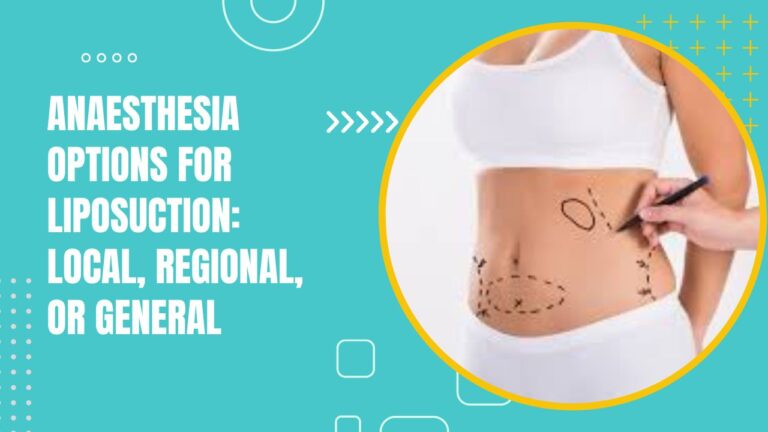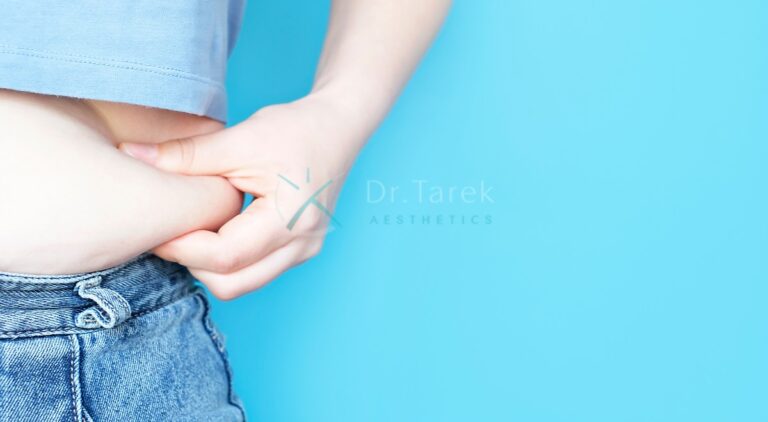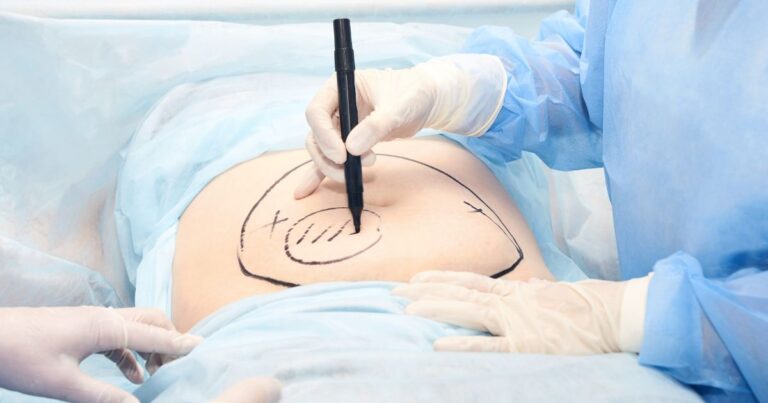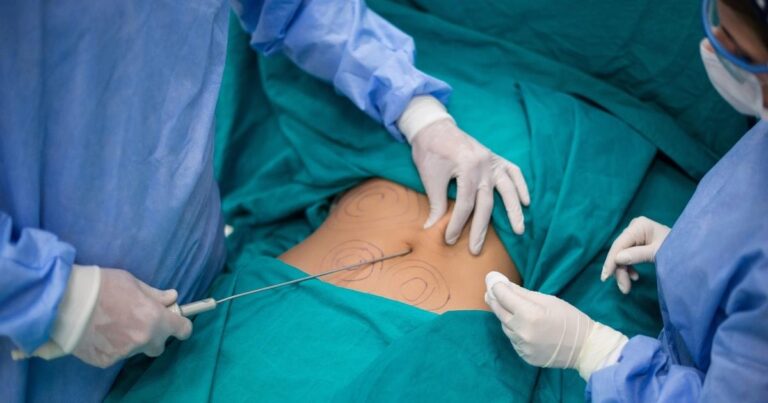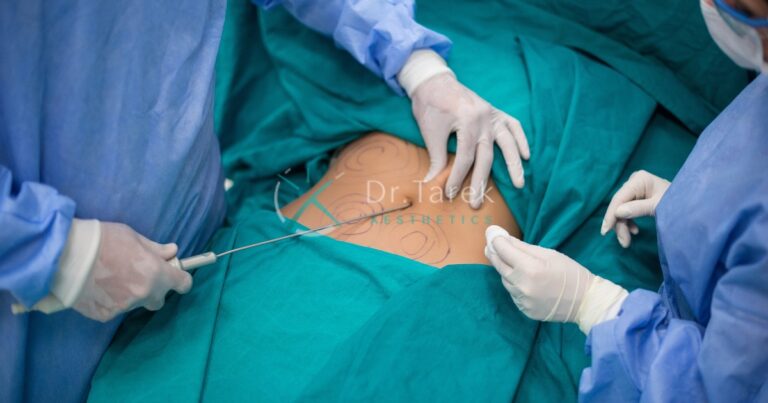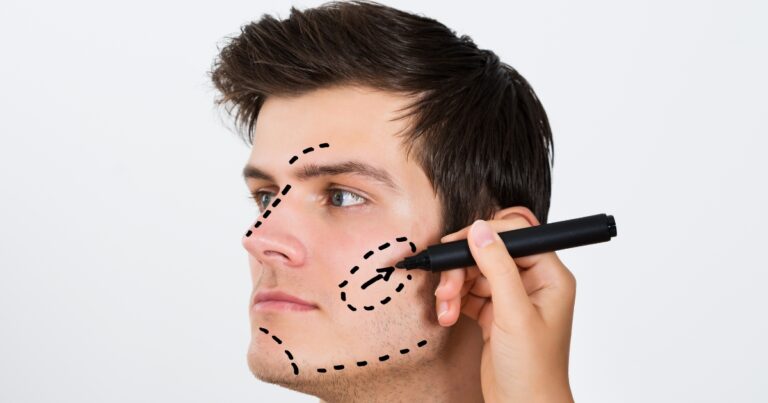Should you get liposuction or gastric bypass? What are the requirements for liposuction and gastric bypass? Keep reading to understand which surgery works for you.
Many surgical procedures exist to tackle fat levels, thanks to medical advancements. Two of those procedures are liposuction and gastric bypass, and their approach is very different. Both surgeries also cater to various target patients.
This article consolidates information about liposuction and gastric bypass and compares them. The pros and cons of liposuction differ from those of gastric bypass. Read on to understand the distinctions between the two surgeries.
Comparisons between liposuction and gastric bypass
| Liposuction | Gastric bypass |
| Targets fat cells in the abdomen, hips, buttocks, thighs, and chin. | Specifically targets the stomach. |
| The nature of the procedure is cosmetic. | The nature of the surgery is medical. |
| Recovery after liposuction can take up to six months. | Recovery can take up to three months. |
| Eligibility for the procedure is a low BMI. | Eligibility for gastric bypass is a high BMI. |
| The surgery takes up to three hours. | The surgery takes up to four hours. |
| Results are instant and permanent. | Results are slow but permanent. |
| Liposuction costs up to 18000 AED. | Gastric bypass costs up to 30000 AED. |
Target area
Liposuction works by removing fat cells in problem areas. The surgeon uses a cannula to probe and remove these cells in the abdomen, hips, buttocks, and chin areas. Removing fat cells means that fat can no longer accumulate in these regions if you adopt a healthy lifestyle.
Gastric bypass works by blocking part of the stomach to reduce the amount of food a patient can intake. Because of this extremity, patients should only seek this surgery as a last resort. The surgeon reattaches the smaller stomach to the small intestine.
Book A Consultation With Dr Tarek Bayazid
Top-rated Plastic Surgeon For Liposuction in Dubai
Installment Plan Available
Reason for procedure
Liposuction is a surgery that exists purely for cosmetic purposes. Patients seek liposuction to contour and enhance the shape of their bodies. It finalizes the patients’ efforts of toning their bodies.
Gastric bypass is a weight loss procedure. This surgery aims to aid patients in their journey to lose body weight. The smaller stomach capacity helps patients reduce their food intake. It also reduces the ability of their bodies to absorb nutrients from ingested food.
Recovery time
The recovery time for liposuction takes up to three months to completely heal the sites of surgery. Patients can resume regular activities after a few days if they adhere to their surgeon’s aftercare instructions.
Gastric bypass also takes up to three months to completely heal. Your surgeon will clear you to resume your regular schedule after four weeks. Aftercare for gastric bypass involves a drastic change in your diet habits.
After surgery, you should only take liquids for two days. You need to reintroduce solid foods at a gradual pace. Remember, your smaller stomach has to retrain itself to digest foods. Your surgeon will develop a diet plan to help you during the healing period.
Requirements for procedure
Liposuction is ideal for people close to their preferred weight. One essential requirement is that the patient cannot have a BMI above 30. Because of this requirement, liposuction is unsuitable as a weight loss option. The surgeon requires patients to clear a medical exam to ensure sound health.
Gastric bypass has a prerequisite of a BMI above 35. Most often, patients who undergo gastric bypass are medically considered obese. Patients with obesity-related conditions such as diabetes and hypertension are eligible for this procedure.
Duration of procedure
Liposuction takes up to three hours, depending on the problem areas. Your surgeon will administer general anesthesia during the process. After 24 hours, the anesthesia wears off completely, and the surgeon will keep you in the hospital overnight.
Gastric bypass takes up to four hours. Like liposuction, your surgeon will put you under general anesthesia during surgery to render you unconscious. Your surgeon will keep you in the hospital for up to three days.
Longevity of results
The results after liposuction last permanently. Fat cells cannot regrow after the surgery; however, new ones can grow. If patients adhere to a healthy lifestyle and regular exercise, they can prevent fat cell regrowth and maintain their toned bodies. Your surgeon will advise the best foods to eat after liposuction.
Similar to liposuction, gastric bypass lasts a lifetime. The procedure is irreversible, and so are the effects of reduced appetite and malabsorption of nutrients. It is perfect for patients struggling with insatiable appetites contributing to weight gain.
Cost of the procedure
The liposuction cost can run up to 18000 AED in Dubai. Since it is a cosmetic procedure, insurance companies do not help cover its cost. The permanence of the results and minimal scarring make this procedure worth its price.
Gastric bypass costs up to 30000 AED. The process is extensive, and this contributes to the higher price point. Thankfully, insurance companies cover some of the costs of the procedure because it is a medical surgery.
Conclusion
Liposuction and gastric bypass tackle different problems and different target patients. One is perfect for aesthetic improvement, while the other is a weight loss solution. Understanding these two surgeries equips you with adequate knowledge before making a life-changing decision.
Contact us today for a consultation with the top liposuction surgeon in Dubai, Dr. Tarek. He is a member of the most prestigious Plastic Surgery Societies worldwide: the American Society of Plastic Surgeons (ASPS), the International Society of Aesthetic Plastic Surgery (ISAPS), the Emirates Plastic Surgery Society (EPSS), and the Melbourne Advanced Facial Anatomy Course (MAFAC).



